The baseball drama You Gotta Believe tells the true story of perseverance against long odds. We meet Bobby Ratliff, coach of the undersized and underperforming Westside Little League team. Bobby’s passion is getting these kids to believe in themselves, even when no one else does. But a shocking cancer diagnosis threatens to derail the season and sideline Bobby for good.
Stepping up to support both Bobby and the team is Jon Kelly, Bobby’s best friend and assistant coach. But Jon’s heart hasn’t truly been in the game, as he’s distracted by a high-pressure law career. That all changes when Bobby’s health crisis puts everything in perspective. With their friend fighting for his life, Jon and the players rededicate themselves to the season as a tribute to their ailing coach.
What follows is an against-all-odds journey that seems impossible even for the most hopeful of fans. Yet through it all, Bobby’s core message of perseverance in the face of adversity empowers the team. They may have started as underdogs, but with a renewed faith in each other and their coach, this team just might believe hard enough to take them all the way to the Little League World Series finals.
Stepping Up to the Plate
Two of the standouts in You Gotta Believe are the coaching duo at the center of it all. Bobby Ratliff and Jon Kelly have been friends for years, but when Bobby receives a devastating cancer diagnosis, it sets both men on unexpected new paths.
Bobby is the eternal optimist, the heart and soul of his Little League team. Despite their record, he believes in these kids and keeps their love of the game alive. But when he learns his illness is terminal, it looks like this might be his final season on the field. At least until the players rally around their coach with a fierce dedication to battling for Bobby both on and off the diamond.
His partner Jon seems the opposite—a by-the-books lawyer always with his head in his paperwork. But underneath, you can tell these kids and this team mean the world to him too. When tragedy strikes Bobby, it lights a new fire beneath Jon as he steps into the coach’s shoes. His evolution from disengaged observer to passionate leader is subtle but powerful, a testament to the human spirit.
The talented young actors portraying the Westside team feel genuine in their portrayals of the different personalities that make a squad. Whether scrappy underdogs or promising stars, you believe in each player’s story and root for their success. Special praise goes to the way they bring an authentic youthful energy combined with moments of real poignancy around Bobby’s illness. It shows maturity beyond their years to tackle such a meaningful role.
Together, the coaches and players remind us that even in our darkest moments, the support of the community can help us play our best game.
Hitting a Home Run
The team behind You Gotta Believe deserves praise for how they brought this story to life on screen. Director Ty Roberts shows he knows how to handle sports film material, crafting an authentic little league atmosphere.
Roberts has experience winning over audiences with heartwarming baseball underdog tales. His direction imbues the picture with truthful emotion while never getting too heavy. Scenes feel intimate yet sweep viewers up in the games’ excitement.
Key to making the on-field action engaging are the creative camera techniques. Close-ups during pitches put you right in the batter’s box. Smooth tracking shots follow the baseball’s arc. Clever angles from a child’s perspective make it easy to feel like part of the team.
The youthful energy and enthusiasm of the young cast also strengthen the film’s authenticity. Without any signs of acting, just genuine fun and passion, they draw you deep into the world of Little League.
Whether capturing candid dugout conversations or dramatic family moments off the diamond, production values shine. Credible setting and design transport viewers straight to small town Texas. Stunning aerial shots remind us of baseball’s beauty regardless of level.
Under Roberts’ experienced guidance, thoughtful technical assets consistently bring the heat, keeping screens engaged from first pitch to final out.
Facing Adversity with Faith
Some key themes resonate throughout You Gotta Believe. Belief in yourself and others emerges as crucial regardless of adversity. Bobby’s cancer diagnosis challenges the team’s faith severely, yet facing it together is what sees them through.
The film explores these ideas in a relatable way without lecturing. We see how doubts creep in, yet perseverance pays off. Characters use baseball merely as a vehicle to demonstrate courage in life’s hardest moments, when believing is all a person has left.
Bobby’s illness acts as the heartbreaking emotional anchor. His players aren’t just dedicating the season in his name; they’re fighting to maintain optimism that he can beat this foe as determinedly as the team battles on the field. The knowledge that each game could be their coach’s last lends games high stakes the kids feel weightily.
But never does the film dwell in darkness. Even the most desperate scenes showcase the resilience of the human spirit. We witness the love that makes facing fear together bearable and how communities unite under mutual care, compassion, and belief in each other’s strength.
You Gotta Believe highlights faith’s power to support through trials rather than portraying it as trivial. Its themes are woven organically into an uplifting tale that doesn’t preach but reminds us that often life’s sweetness comes from faith in ourselves and in those beside us when the road is rocky.
Stepping Up to the Plate
Two performances that really drive You Gotta Believe are Luke Wilson and Greg Kinnear in the central coach roles. Playing lifelong friends in the movie, these actors bring an authentic rapport that anchors the entire story.
Wilson owns the character of Bobby, the eternally optimistic coach fighting terminal illness. There’s a gritty earnestness to how he depicts a man determined to find light even in dark times. Yet small moments showcase Bobby’s vulnerability too, making his struggle feel deeply human.
As assistant coach Jon, Kinnear turns in another subtly brilliant work. At first his disengaged lawyer seems disengaged, but watch his arc shift from the heart. Kinnear breathes layered nuance into all Jon experiences—from doubt to renewed dedication.
Together, their natural chemistry and ability to fluidly play off each other make the coaches’ relationship pulse on screen. Scenes filled with bittersweet humor feel right because their bond feels real.
Surrounding young talent helps elevate proceedings too. Child actors portraying unique team members feel genuinely talented rather than precocious. Supporting ladies Sarah Gadon and Molly Parker enhance family scenes gracefully.
In the end, this cast sells every beautiful and painful moment with organic sincerity. Led by anchored leads that live truthfully in their roles, You Gotta Believe finds strength through its characters’ humanity. Solid acting bats keep this story’s heart winning.
Balancing Act
You Gotta Believe isn’t without its flaws. While the strong messages of hope and teamwork shine through, some weaker storytelling choices hold it back.
Character development feels a little rushed at times. A bit more depth could’ve made their struggles resonate fuller. A few slower scenes also lag, despite important themes.
Moreso, the film takes on a lot. From cancer drama to sports underdog tale, juggling genres isn’t easy. Some more focus may have strengthened individual story arcs.
And really, how did that bunch of misfits seriously make the Little League World Series?! Coach alone wouldn’t turn that team around so fast. Their rapid rise tests believability.
The climactic scenes also risk dipping too far into melodrama. Emotions run high as batters face their ailing coach’s fate. But mawkish displays sometimes overpower subtler acting triumphs.
It’s a real balancing act to combine inspiration with realism, especially mixing heavyweight themes. A few tweaks could’ve elevated You Gotta Believe’s already stirring message.
Still, the spirit of perseverance in adversity shining through enriches hearts as intended. And isn’t uplift what we seek most from sports stories? This film succeeds where others may have struck out.
Home Run for the Heart
When the final out is made in You Gotta Believe, what lingers is its uplifting message of the human spirit. Despite some uneven moments, the film largely succeeds at its goal—touching hearts with an inspiring true story.
Director Ty Roberts wanted to share the remarkable tale of a town that rallied together in the face of adversity. Even in clumsy scenes, the essence of community, love, and perseverance beats strong.
Parents seeking a wholesome drama to enjoy with their kids will find sincere lessons here. Its imperfections fade against themes showing we all win when supporting each other through life’s ups and downs.
Most importantly, You Gotta Believe vibrantly captures that special enthusiasm only Little League instills. Cliches aside, its passion for the pure joy of the game energizes from beginning to end.
Few sports tales inspire as simply as underdogs following their dreams against the odds. Whatever flaws, this film hits a grand slam where it counts—reminding us to believe.
The Review
You Gotta Believe
Despite some stumbles, You Gotta Believe largely delivers on its goals of crafting an uplifting true story about perseverance and community spirit. Flaws are forgiveable against a backdrop celebrating the heart of Little League and the resilience of the human spirit.
PROS
- Inspiring true story of perseverance and dedication to coach
- Authentic portrayal of Little League spirit and close-knit community
- Heartwarming messages of faith, hope, and family
- Nuanced lead performances by Luke Wilson and Greg Kinnear
CONS
- Uneven pacing and some thin character development
- Questionable plausibility of the team's success
- Occasional manipulative or melodramatic tones









































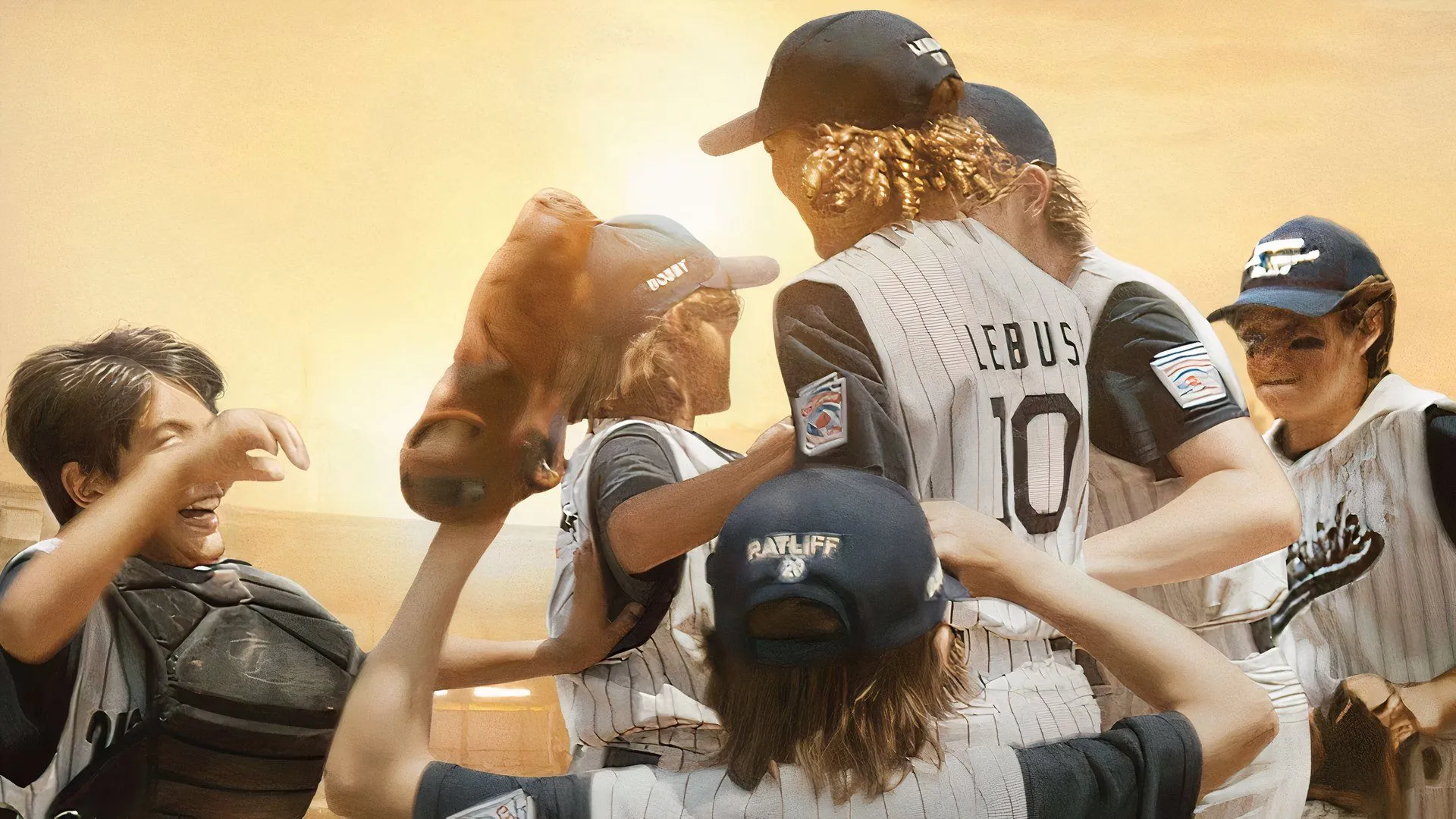
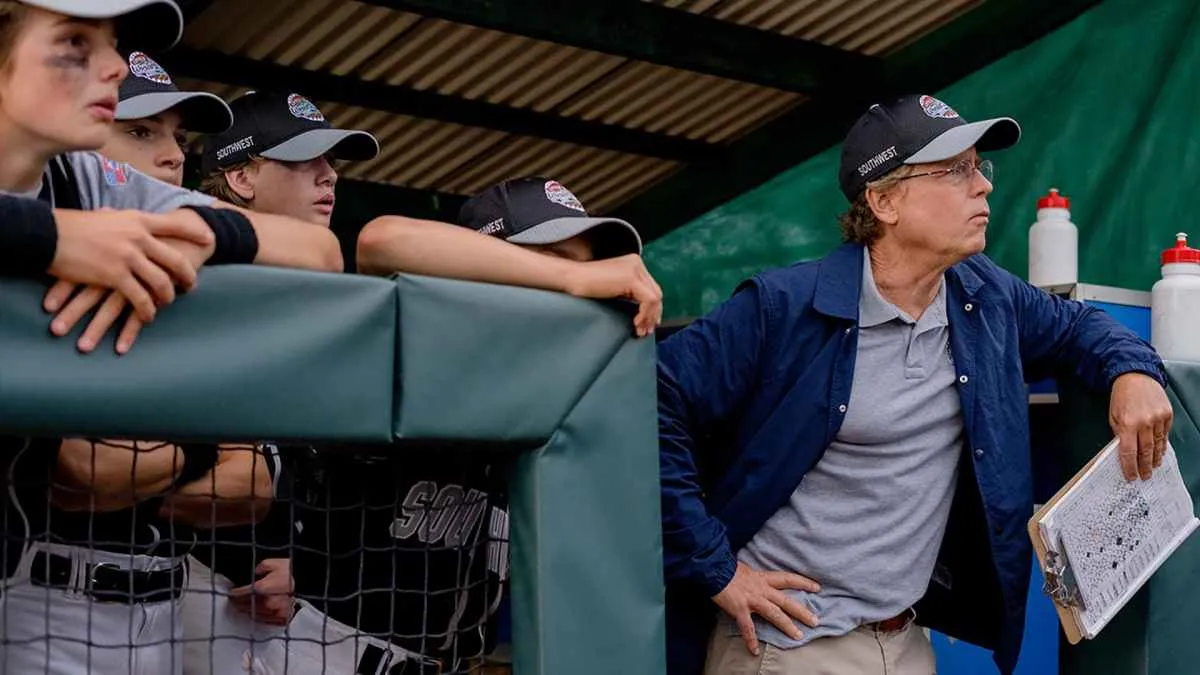
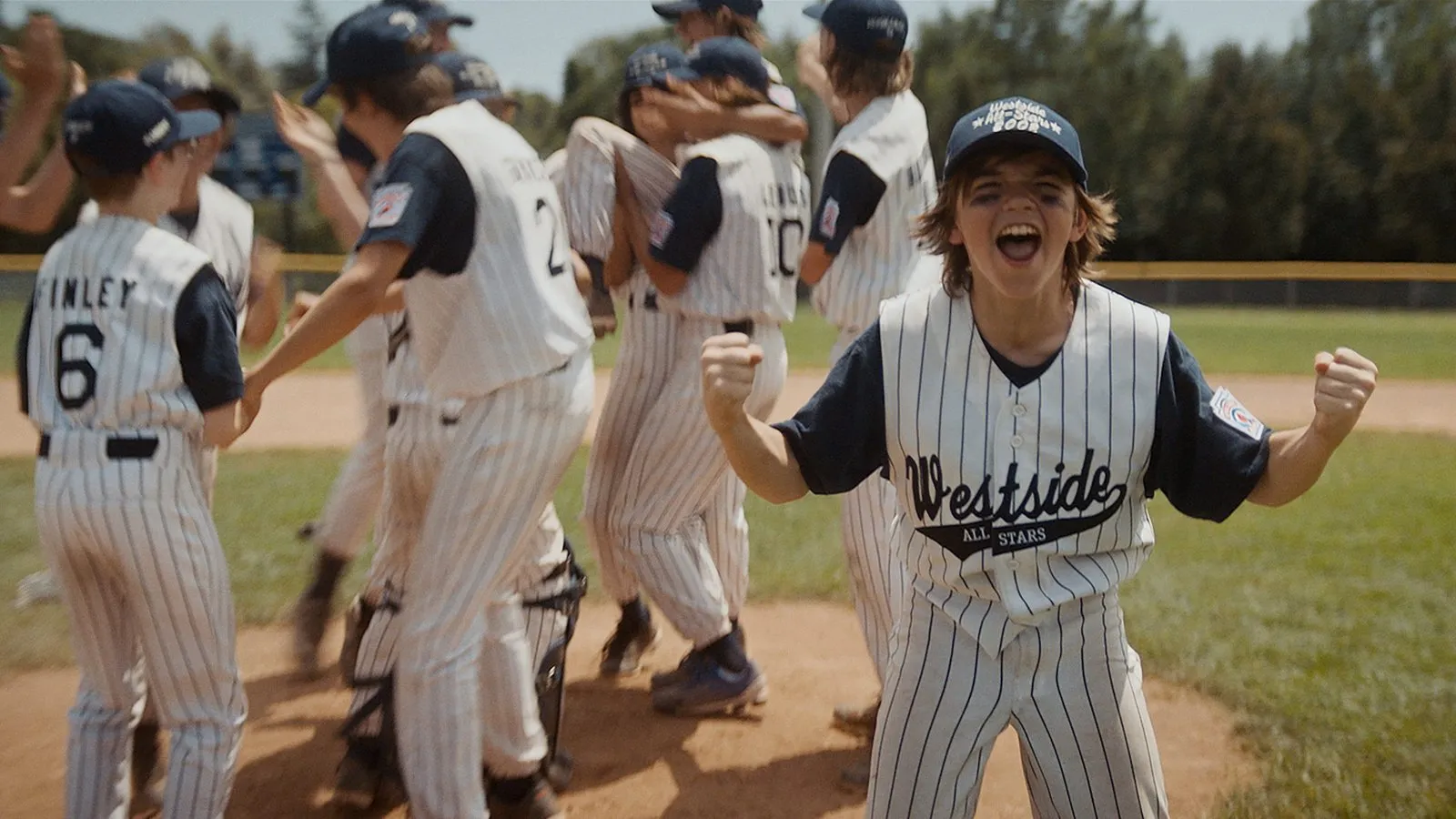
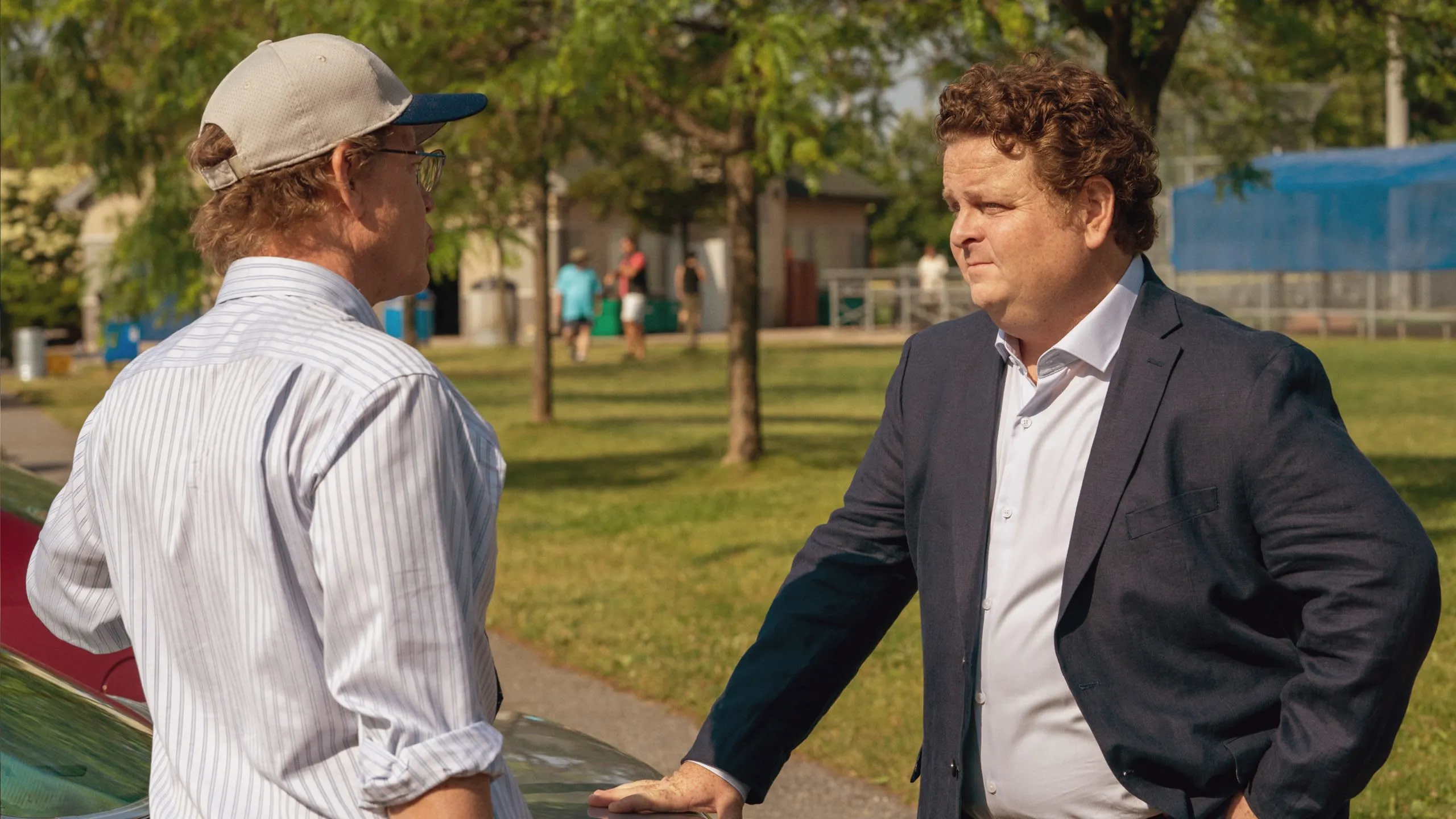
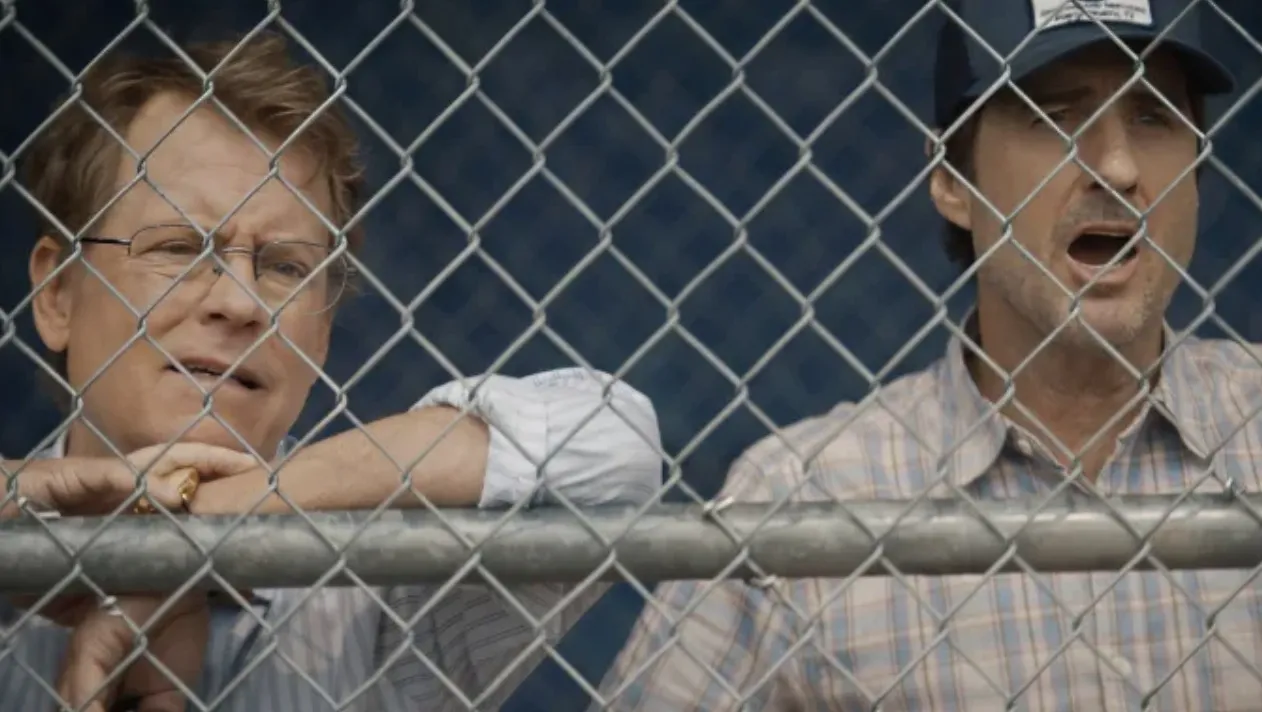








Discussion about this post